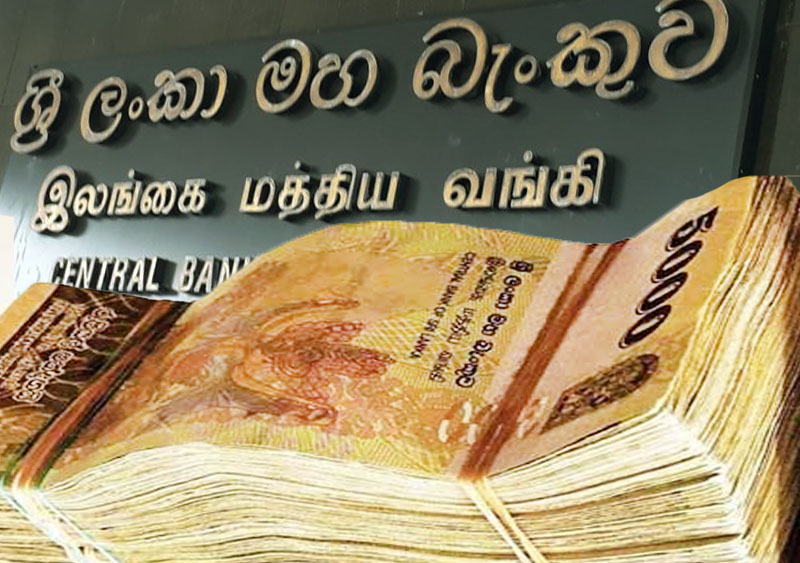Sri Lanka aims to conclude its debt restructuring process by year-end, with expectations for a prompt exit from the default rating category soon after, Central Bank Governor Nandalal Weerasinghe told Economynext in an interview in Washington, D.C. this week.
“To complete the process, certain procedures must be followed, including documentation, due diligence, and related formalities,” Weerasinghe said.
“It will take 2-3 weeks to complete the debt exchange and get the investor participation. That will take some time. The idea is to complete before end-December,” Weerasinghe said.
Backed by the International Monetary Fund (IMF) and international advisors, Sri Lanka has secured a debt restructuring agreement with its official creditors and reached an in-principle deal with the private creditors.
The arrangement with the bondholders includes macro-linked bonds tied to the island nation’s economic growth trajectory.
Sri Lanka is also expected to finalise a debt deal with China Development Bank and pursue debt treatment deals with other remaining official and private creditors, holding less than a billion dollars worth of debt by the end of 2023.
Governor Weerasinghe also expressed confidence that Sri Lanka’s default rating would see an upgrade shortly after the debt restructuring process is finalised.
“We met with all the ratings agencies here in Washington. They obviously mentioned that they will follow the normal procedure. Once we start repaying our obligations, we will come out of the selective default or the restrictive default category,” he said.
“Then we’ll be starting with normal CCC or depending on the outlook we will get a better rating. The immediate action would be to remove Sri Lanka from the default category.”
DELAY IN IMF REVIEW
Weerasinghe noted that completion of the third review of the IMF loan deal will be delayed, as a staff-level agreement in this regard will be entered in by late November or early December.
The third review of Sri Lanka’s $3 billion, 48-month Extended Fund Facility (EFF) was initially scheduled for completion in December.
However, the October presidential election and the delay in submitting next year’s budget to Parliament have postponed the timeline.
“The government has expressed their willingness to complete the third review and go ahead with the debt restructuring. The president made this statement. So on that basis, an IMF team came to Sri Lanka and then we continued the discussions here (Washington),” Governor Weerasinghe said.
“This is a review mission. We are here trying to negotiate and complete the review as soon as possible. Obviously, there will be a delay because there is no parliament.”
“The third review should have been completed by end-December. That was the original timeline. But there were prior actions like submitting the budget to the Parliament for next year.”
“What we are trying to do is to at least to reach a staff level agreement with the fund to complete the third review. Once we have discussions here, there will be elections. Soon after that a new Cabinet will be appointed and a parliament established. Then the mission will be there to complete and announce the staff level agreement.”
Sri Lanka is scheduled to hold polls to elect new members to the Parliament on November 14.
While a staff-level agreement could be finalised by early December, the IMF Executive Board approval is likely to be delayed as Sri Lanka must first complete the prior action of presenting next year’s budget to Parliament.
“Going to the board will be delayed because for the compilation of the third review we have some prior actions such as submitting a budget to the parliament for the next year. That will happen during the first three months of the year. Then there will be a vote on account,” Weerasinghe said.
“Because of this, there will be a delay in the completion of the third review. Soon after the new government establishes a cabinet and a proper government, that’s their invitation to start the staff-level agreement.”
Out of the $3 billion IMF facility, Sri Lanka has up to now received approximately US$ 1 billion in three tranches.


